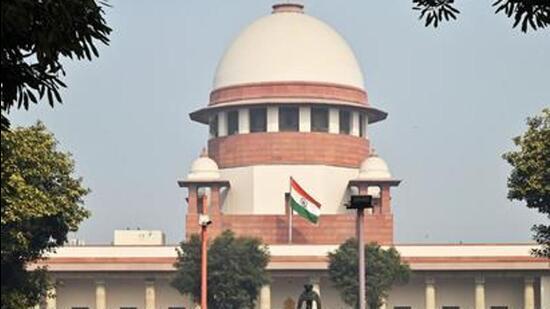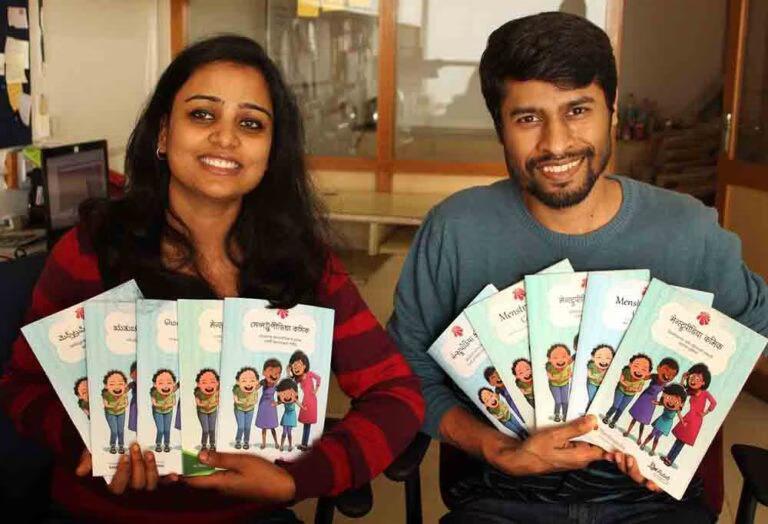
Calling someone ‘Miyan-Tiyan’ & ‘Pakistani’ not an offence: Supreme Court
In a recent ruling, the Supreme Court has clarified that calling someone “Miyan-Tiyan” and “Pakistani” is in poor taste, but it does not constitute an offence. The ruling comes after a case was filed against an 80-year-old man in Jharkhand, where an Urdu translator alleged that the elderly man hurled abuses at him.
The case was filed under sections 153A (promoting enmity between different groups) and 509 (word, gesture or act intended to insult the modesty of a woman) of the Indian Penal Code. However, the Supreme Court has now closed the case, stating that the remarks made by the 80-year-old man do not amount to hurting the religious sentiments of the translator.
This ruling has sparked a heated debate in the country, with many people questioning the wisdom of the Supreme Court’s decision. Some have argued that calling someone “Miyan-Tiyan” and “Pakistani” is a derogatory term that can be deeply offensive, and that the court’s ruling is a setback for the movement against communalism and hate speech.
On the other hand, some have argued that the court’s ruling is a necessary step towards curbing the misuse of laws and ensuring that people are not penalized for making minor insults that do not amount to criminal offences.
The debate surrounding this ruling is a reflection of the complex and often contentious issue of hate speech and communalism in India. While some argue that the court’s ruling is a step backwards, others see it as a necessary step towards ensuring that people are not penalized for making minor insults that do not amount to criminal offences.
In this blog post, we will explore the Supreme Court’s ruling in more detail, examining the legal implications and the broader societal context in which the ruling was made.
The Case
The case in question was filed by an Urdu translator, who alleged that an 80-year-old man hurled abuses at him in Jharkhand. The translator claimed that the elderly man called him “Miyan-Tiyan” and “Pakistani”, which he found deeply offensive. The case was filed under sections 153A (promoting enmity between different groups) and 509 (word, gesture or act intended to insult the modesty of a woman) of the Indian Penal Code.
The Supreme Court’s Ruling
The Supreme Court heard the case and ruled that the remarks made by the 80-year-old man did not amount to hurting the religious sentiments of the translator. The court stated that while calling someone “Miyan-Tiyan” and “Pakistani” is in poor taste, it does not constitute an offence under the Indian Penal Code.
The court’s ruling was based on the principle that the intention behind the remarks made by the 80-year-old man was not to hurt the religious sentiments of the translator, but rather to insult him. The court noted that the translator had not alleged that he was insulted on religious grounds, but rather on the basis of his nationality.
The court’s ruling has sparked a heated debate in the country, with many people questioning the wisdom of the Supreme Court’s decision. Some have argued that the court’s ruling is a setback for the movement against communalism and hate speech, while others see it as a necessary step towards ensuring that people are not penalized for making minor insults that do not amount to criminal offences.
Legal Implications
The Supreme Court’s ruling has significant legal implications, particularly in the context of hate speech and communalism in India. The ruling suggests that the court is willing to take a nuanced approach to hate speech, taking into account the intention behind the remarks made rather than simply relying on the words used.
However, the ruling has also been criticized for being overly lenient, particularly in the context of the rising tide of communalism and hate speech in India. Some have argued that the court’s ruling sends a message that hate speech is acceptable as long as it is not intended to hurt religious sentiments.
Broader Societal Context
The Supreme Court’s ruling is also significant in the broader societal context of hate speech and communalism in India. The ruling suggests that the court is willing to take a nuanced approach to hate speech, taking into account the intention behind the remarks made rather than simply relying on the words used.
However, the ruling has also been criticized for being overly lenient, particularly in the context of the rising tide of communalism and hate speech in India. Some have argued that the court’s ruling sends a message that hate speech is acceptable as long as it is not intended to hurt religious sentiments.
Conclusion
The Supreme Court’s ruling that calling someone “Miyan-Tiyan” and “Pakistani” is in poor taste but does not constitute an offence has sparked a heated debate in the country. While some have argued that the court’s ruling is a setback for the movement against communalism and hate speech, others see it as a necessary step towards ensuring that people are not penalized for making minor insults that do not amount to criminal offences.
Regardless of one’s opinion on the matter, the Supreme Court’s ruling is a significant development in the context of hate speech and communalism in India. The ruling suggests that the court is willing to take a nuanced approach to hate speech, taking into account the intention behind the remarks made rather than simply relying on the words used.
As we move forward, it is essential that we continue to engage in nuanced and thoughtful discussions about hate speech and communalism in India. By doing so, we can work towards creating a more inclusive and tolerant society that values diversity and promotes peaceful coexistence.






